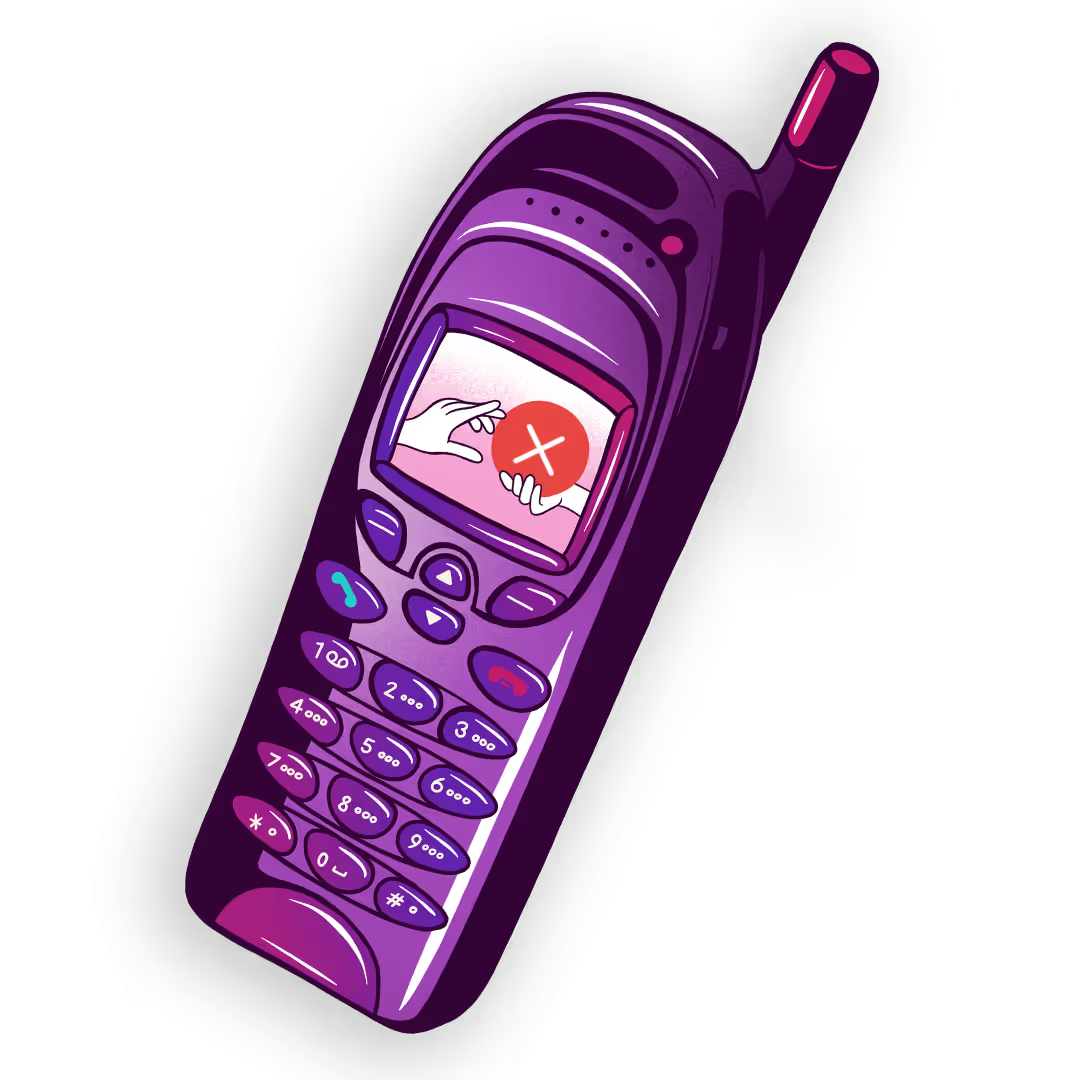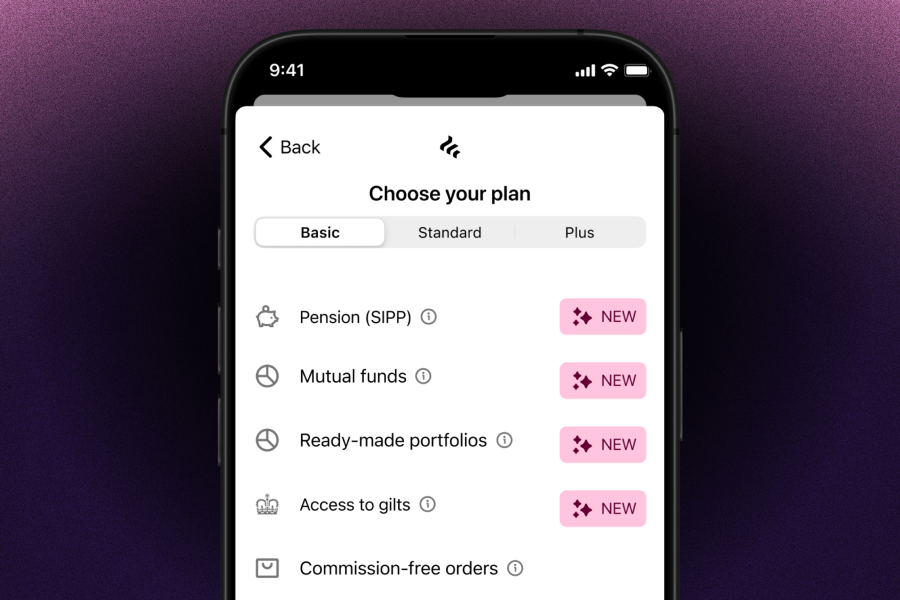One of the more frustrating parts of investing is order rejection. This can happen on any brokerage platform — even Freetrade.
Order rejection happens when you place an order and it doesn’t go through because none of the market counterparties will take the other side of your trade. These counterparties are known as market makers.
Irritating though it may be, there are a few different reasons behind order rejection and, as we are in the middle of some crazy, oil and corona-inspired volatility, it’s worth understanding them.
Making sure the price is right
As most investing today is done via digital platforms over the internet, it can be easy to forget that you are dealing with other companies when you trade stocks and ETFs.
When you invest with Freetrade, we connect you to market makers that continually buy and sell stocks and ETFs.
The function of market makers is to provide buy (offer) and sell (bid) quotes in stocks, thereby connecting investor demand with investor supply.
Market makers earn money through a gap between the bid and offer prices, which is usually called the ‘spread.’
This process can be tricky to manage.
Changes to supply and demand mean prices in the stock market are constantly changing — sometimes in fractions of a second — and market makers always need to stay alert to these fluctuations.
Not doing so can lead to substantial losses, for example, if they cannot immediately sell shares when the stock price is falling.
Enter volatility
Large, rapid price movements make this process much more difficult.
When prices are moving rapidly, particularly in one direction, market makers may find it difficult to provide quotes because of the risk they incur losses by being left with a position to fill, even though the market price is moving against them.
With coronavirus and oil price fears, we are in a period where this happens more often.
For example, when the London Stock Exchange opened on Monday morning, the London's main market dropped 9 per cent in value in a matter of minutes.
What does this mean for me
Buying and selling stocks in this environment can be risky.
The result can be that, in some moments, market makers do not quote or they do not provide quotes at an acceptable price for certain stocks because they are guarding against this risk.
There is currently high volatility in the stock markets, meaning prices are changing rapidly.
This can mean that you encounter order rejections when you place them on your Freetrade account.
You may also find that the execution price you receive varies more than normal than what you saw on the stock screen, as a result of prices moving very quickly.
You can learn more about what happens when you invest with Freetrade by reading our Order Execution Policy. We’ve also written before a post about order rejections that explains more of the trading process.
This should not be read as personal investment advice and individual investors should make their own decisions or seek independent advice. This article has not been prepared in accordance with legal requirements designed to promote the independence of investment research and is considered a marketing communication.When you invest, your capital is at risk. The value of your portfolio can go down as well as up and you may get back less than you invest. Past performance is not a reliable indicator of future results.Freetrade is a trading name of Freetrade Limited, which is a member firm of the London Stock Exchange and is authorised and regulated by the Financial Conduct Authority. Registered in England and Wales (no. 09797821).









